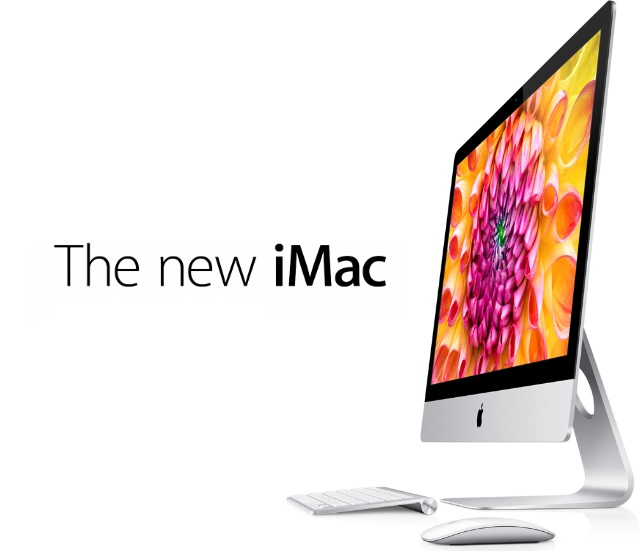The Intersection of Privacy and Technology: Navigating the Balance in the Online Sphere

In the era of rapid technological advancements, where convenience and connectivity reign supreme, the delicate dance between privacy and technology takes center stage. As our lives become increasingly intertwined with digital tools and platforms, finding the right balance becomes essential. This exploration delves into the intricate relationship between privacy and technology, offering insights into the challenges, benefits, and strategies for navigating this complex intersection.
Challenges in the Digital Age: Balancing Act Between Convenience and Privacy

The digital landscape offers unparalleled convenience, from personalized recommendations to seamless communication. However, this convenience often comes at the cost of privacy. The challenge lies in striking a balance that allows for technological innovation without compromising the individual's right to personal space and data security.
The best vpn services play a crucial role in addressing this challenge by providing users with a secure and private online environment. By masking the user's IP address, VPNs add an extra layer of anonymity, safeguarding against potential surveillance or tracking. Selecting the best VPN involves considering factors such as robust encryption protocols, a strict no-logs policy, and a wide server network to ensure reliable and fast connections.
Data Privacy Concerns: Safeguarding Personal Information in a Connected World
As we share more aspects of our lives online, concerns about data privacy have come to the forefront. From social media interactions to e-commerce transactions, every click leaves a digital footprint. Navigating this landscape requires a heightened awareness of how personal information is collected, stored, and utilized by various digital entities.
Shaping Policies for a Privacy-Centric Future

The legal and ethical dimensions of privacy in technology are dynamic areas of discussion. Governments and regulatory bodies worldwide are working to establish frameworks that protect individual privacy rights while fostering innovation. Ethical considerations play a crucial role in shaping the policies and practices of technology companies, ensuring responsible data handling and user empowerment.
Emerging Technologies: Empowering Users While Protecting Privacy
While emerging technologies like artificial intelligence and the Internet of Things promise transformative experiences, they also raise concerns about intrusive data collection. Striking a balance involves implementing user-centric design principles, empowering individuals with control over their data, and ensuring transparency in how technology interacts with personal information.
Navigating Privacy Settings and Digital Literacy
Empowering users to take control of their online privacy starts with education. Understanding privacy settings on various platforms, practicing good digital hygiene, and cultivating digital literacy are vital components. Users armed with knowledge can make informed decisions about what information they share and with whom.
Strategies for a Privacy-Centric Digital Lifestyle

Incorporating privacy-centric habits into our digital lifestyle involves a mindful approach. From regularly reviewing and updating privacy settings to using encryption tools and being cautious about third-party app permissions, there are practical steps individuals can take to enhance their online privacy without sacrificing the benefits of technology.
In essence, the intersection of privacy and technology requires a nuanced understanding and proactive engagement. Striking a balance involves not only technological solutions and regulatory frameworks but also individual awareness and empowerment. Navigating this intersection successfully ensures that the digital world we inhabit remains innovative, connected, and, above all, respectful of individual privacy rights.…






 One of the biggest advantages of switching to an IPTV provider is its flexibility and convenience. With traditional cable TV, you're often stuck with a set schedule for your favorite shows, which can be frustrating if you have a busy or unpredictable schedule. IPTV solves this problem by allowing you to watch your favorite shows on-demand whenever convenient. This means that it's entirely up to you whether you want to catch up on missed episodes during your lunch break or binge-watch an entire season over the weekend.
One of the biggest advantages of switching to an IPTV provider is its flexibility and convenience. With traditional cable TV, you're often stuck with a set schedule for your favorite shows, which can be frustrating if you have a busy or unpredictable schedule. IPTV solves this problem by allowing you to watch your favorite shows on-demand whenever convenient. This means that it's entirely up to you whether you want to catch up on missed episodes during your lunch break or binge-watch an entire season over the weekend.






